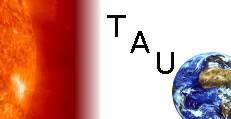Talks for Schools
I am now taking bookings for "in person" talks as well as "virtual" talks by Zoom or Webex (making them globally available).
An advantage of a virtual talk to the school is that I will not have any travel or accommodation expenses to be met.
Please use the booking form at the bottom of the page.
I offer astronomical observing and a wide variety of talks on astronomical subjects. If you want an astronomical talk or activity that is not listed, or have any other queries, please
to email me using your default email client.
Duration: Talks typically last for about an hour, which includes about 15 minutes for questions/discussion, but this can be varied to suit your timetable. Observing sessions can be booked for from 1 hour to 4 hours, depending on the age of the pupils (I strongly recommend that they are limited to an hour except for GCSE Astronomy students and school astronomical societies, and to 2 hours except in special circumstances).
Observing Sessions
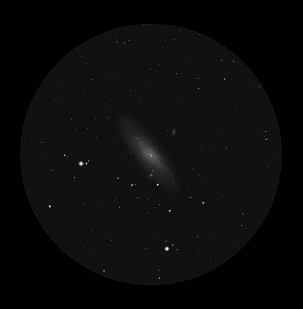
Guided observation of the night sky with telescopes and binoculars. I will teach the young people the basics of navigating around the sky by identifying star patterns (including finding north) and star-hopping to find some deep sky objects (galaxies, star clusters, nebulae, etc.).
If the weather is unsuitable for observing, the fallback will be either a slide-show or some indoor astronomical activities.
Suitability: KS2 upward
Astronomy Activities
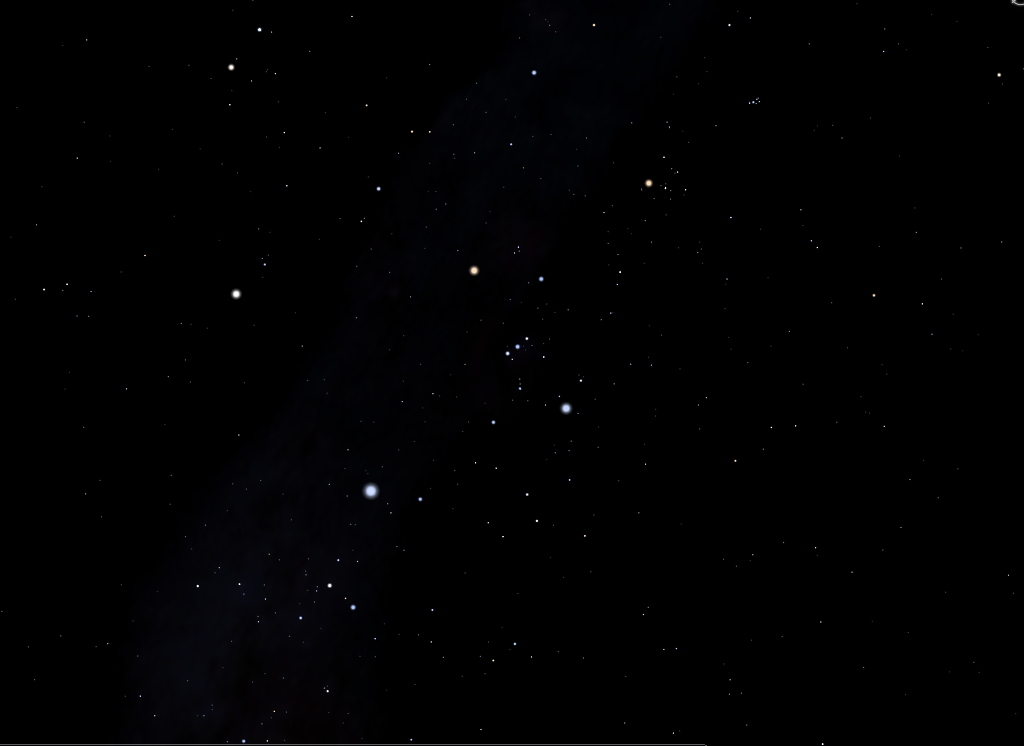
These may include Moon phases, eclipses, constellation recognition, modelling the solar system, telescopes and binoculars.
Suitability: KS2
Star Lore and Legends (Story-telling)
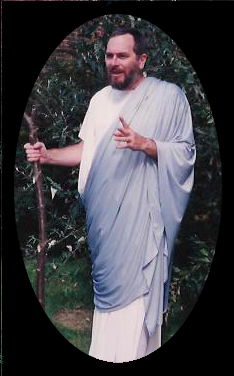
Myths and legends enliven the changing night sky and show how ancient peoples viewed their universe. In addition to the tales of the gods, goddesses and heroes of Greek mythology who are remembered in the constellations, there are options of legends and lore from African, Australasian, Babylonian, Celtic, Chinese, Egyptian, Finnish, Meso-american, Norse, and Roman traditions. There will normally be both Creation and Heroic myths, which will relate to constellations or planets which are currently visible. Specific requirements can usually be accommodated. (Not available over Zoom).
Suitability: KS2
The Solar System
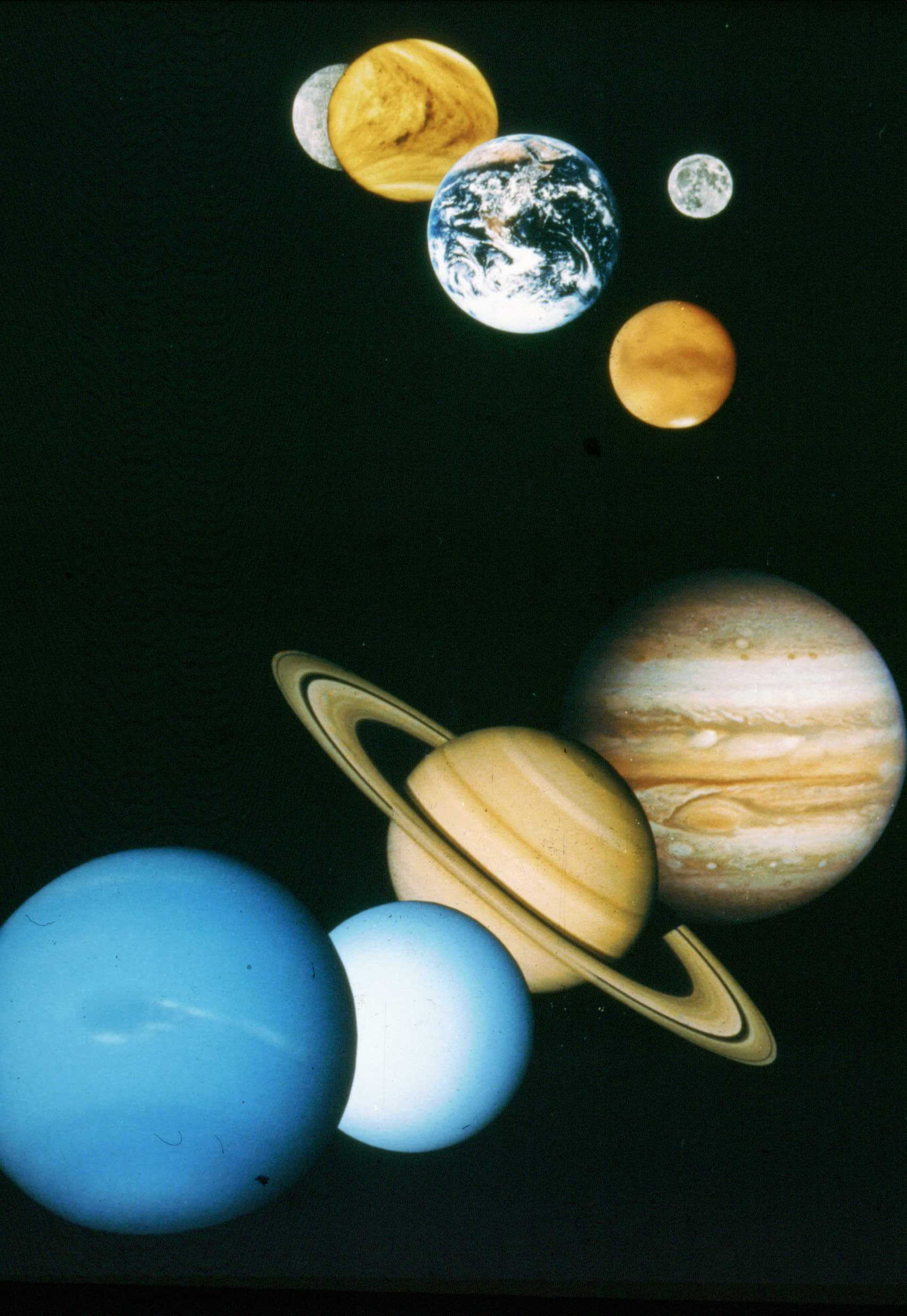
A combination of Powerpoint presentation, practical demonstrations and hands-on activities, geared specifically to the age and curriculum needs of the pupils. It could include the structure of the Solar System, a scale model of inner planets, eclipse demonstrations, safe solar observation, individual lunar phase activity, and some current space exploration missions.
Suitability: KS2-4
From Myths to Maths
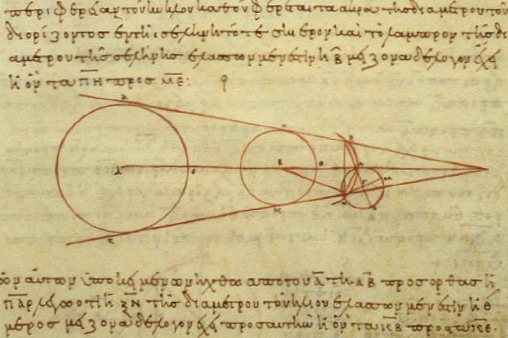
This illustrated talk traces the development of ideas about the cosmos from the dawn of history to the 1st Century CE.
Suitability: KS2&3
And Yet it Moves
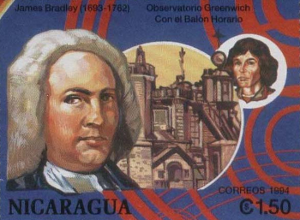
According to legend, Galileo supposedly muttered, "Eppur si muove!" (And yet it moves!) There was, however, no direct evidence of this until almost a century after his death. This talk traces the story of heliocentricity, which begins in ancient Greece and ends with the third Astronomer Royal, James Bradley, who made a chance discovery whilst trying to determine stellar distances .
Suitability: KS3&4; GCSE Astronomy
Journey Into Space
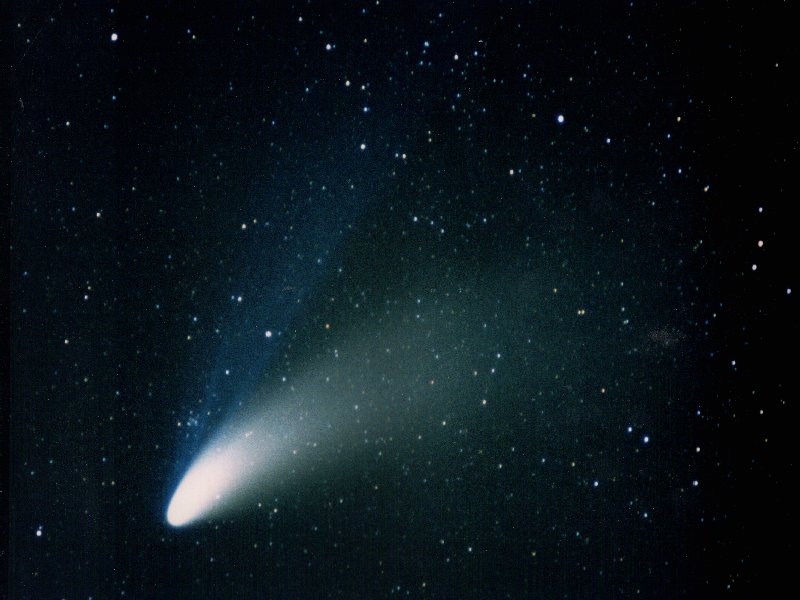
Space probes and telescopes have, in 3 decades, taught us more about our universe than was learned in the preceding 3 millennia. In addition, they have enhanced our understanding of our own planet as is illustrated in this journey from the Sun, through the Solar System, into Deep Space, encountering clusters, galaxies, and the birth and death of stars.
Suitability: KS2-4
Time and Calendars

Why is the tenth month named for the Latin word for 8th? Why does the UK fiscal year begin on 6th April? The measurement of time has always been a facet of Astronomy. The phases in the development of the Gregorian calendar most (but not all!) of us use today make a fascinating story which blends science, history, sociology, religion and psychology.
Suitability: KS3&4
Six Ways the Universe is Out to Get You
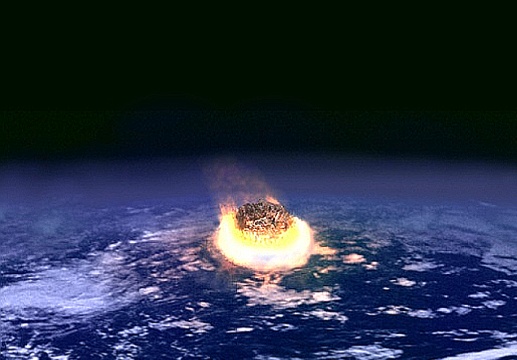
From gamma-ray bursts to asteroid impacts, an overview of cataclysmic events. This light-hearted but scientifically robust approach incorporates a lot of fundamental cosmological processes, from stellar evolution to galactic interaction.
Suitability: KS3 upwards
Are We Alone?
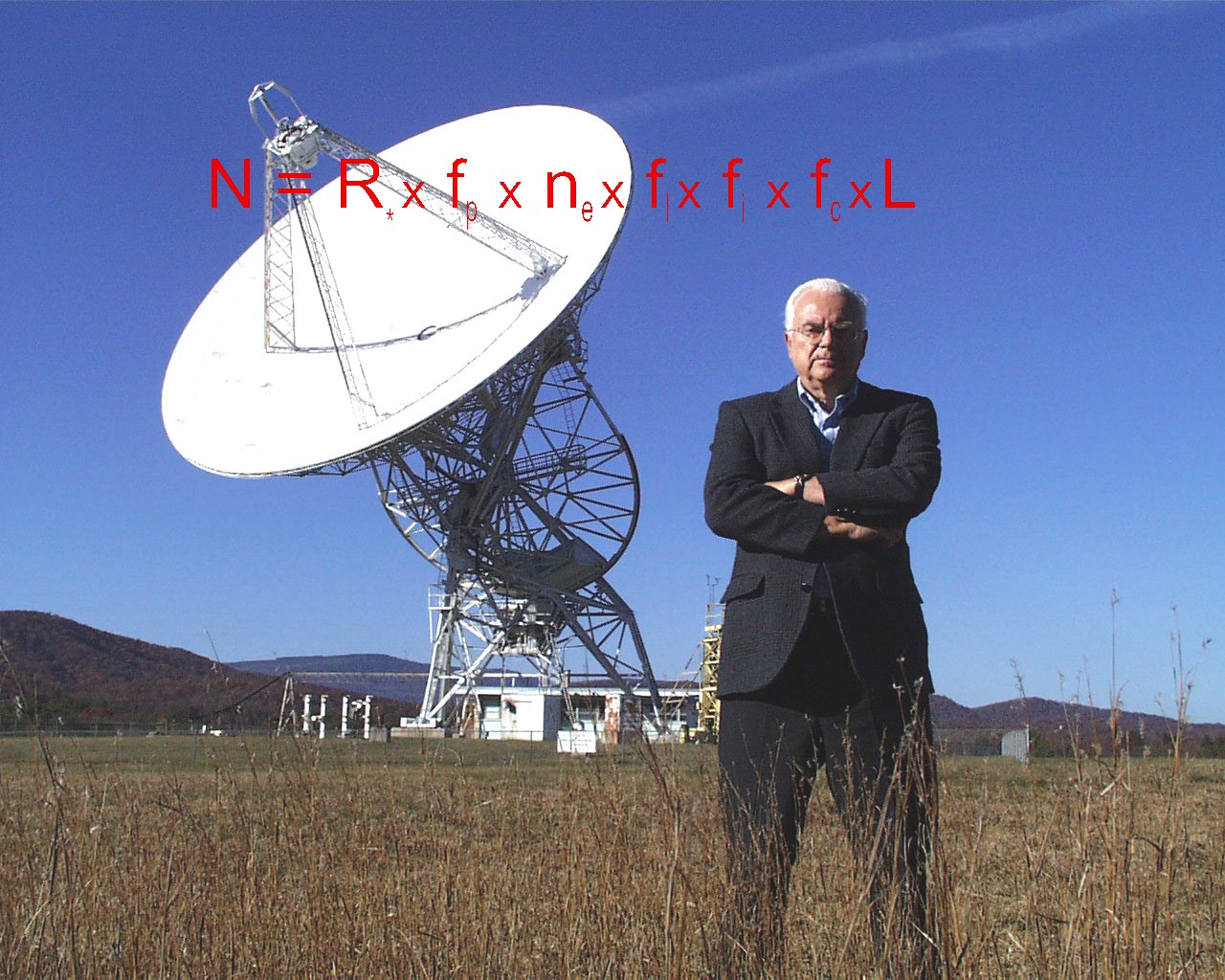
In 1961, Frank Drake introduced his eponymous equation. In the half-century since then, we have a much better idea of the likely values of some of the parameters. This talk examines the state of play with respect to SETI and potentially habitable exoplanets, and examines our current understanding of the likelihood of there being similar planets to Earth. It "reboots" the Drake Equation in the light of these developments.
Suitability: KS4 upwards
How Old Is It?
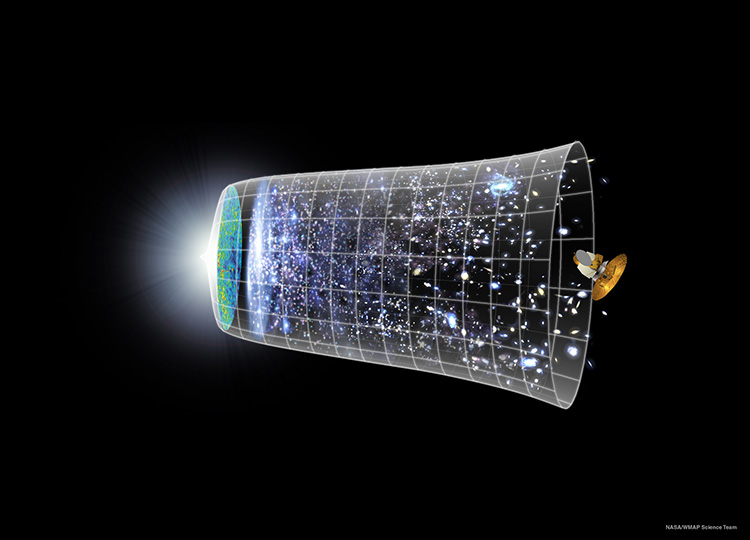
Aristotle thought it was eternal; James Ussher dated its creation to 6pm on 22 Oct 4004 BCE; Newton eventually decided that it was infinite, static, and eternal; by 1958 it seemed to be younger than the oldest stars; by 2013, this had all been resolved and we now accept the Universe to be approximately 13.8 billion years old. This talk traces the ideas, evidence and reasoning for the answers to this most fundamental of questions.
Suitability: KS4 upwards
Fuzzy Blobs: A Guide for the Perplexed
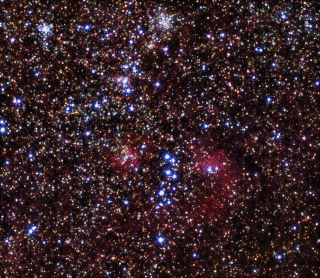
For millennia people have wondered about the misty patches in the night sky, which became called "nebulas" - clouds - and the advent of the telescope merely increased the number we could see without adding greatly to our knowledge of what they are. The true nature of these enigmatic "fuzzy blobs" has only been known for a century or so, and they reveal a tremendous amount of information about the life and death of stars, the structure of the Milky Way galaxy, and the nature of the Universe itself.
Suitability: KS4 upwards
Although it indicates when I am not available, this calendar should not be taken as a definitive indicator of when I am available, especially if overnight stays may be involved, as I have daytime teaching commitments that I need to honour.
Booking
To book a talk or activity, please , giving your the following information:- Your name
- The school's name
- The talk/activity you would like
- The date you would like it
- Whether Zoom or in person (if the latter, please give the school's full address and postcode of the venue)
- A contact telephone number.
You can view the Astronomical Unit Data Privacy Statement here.

